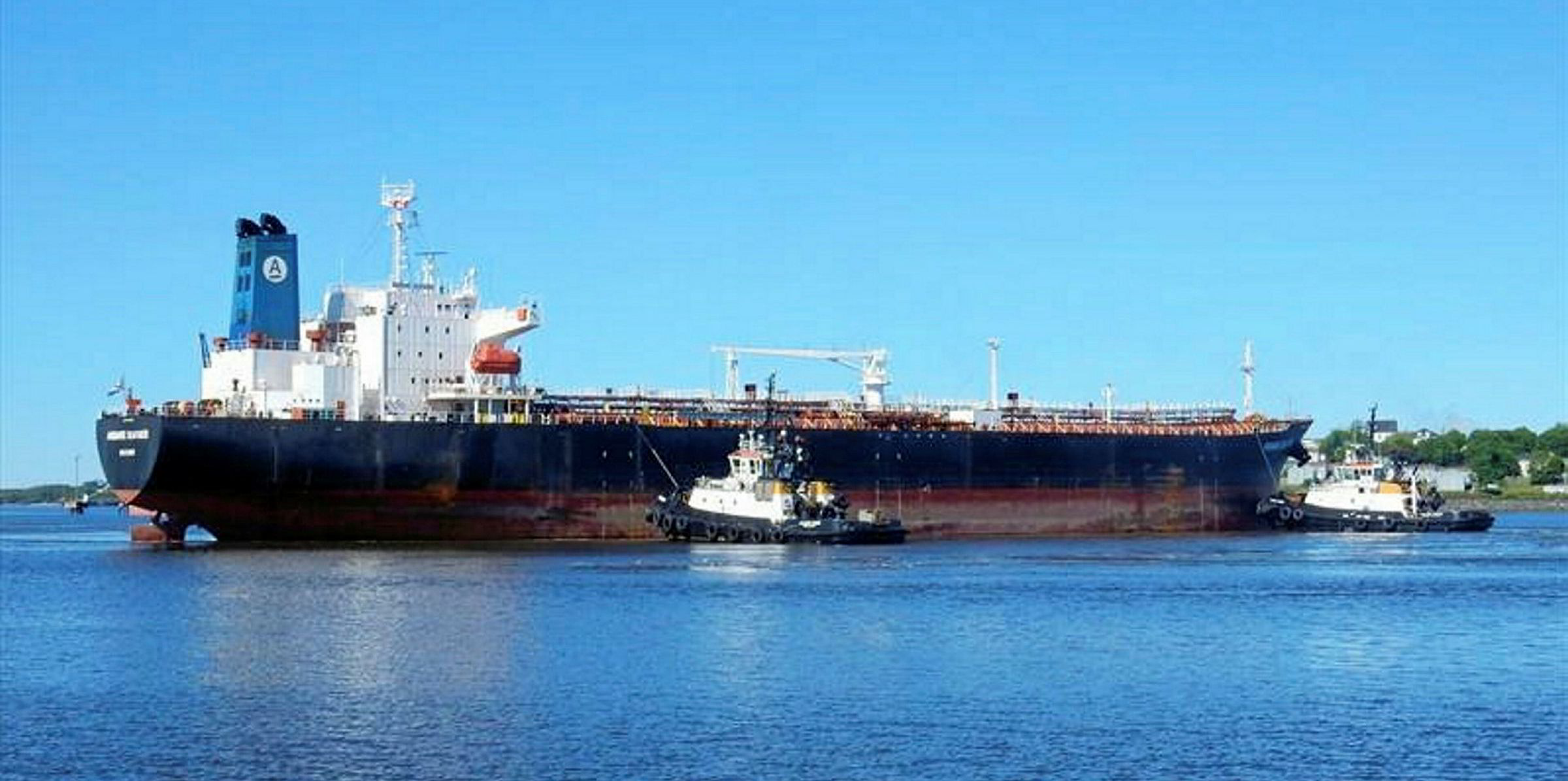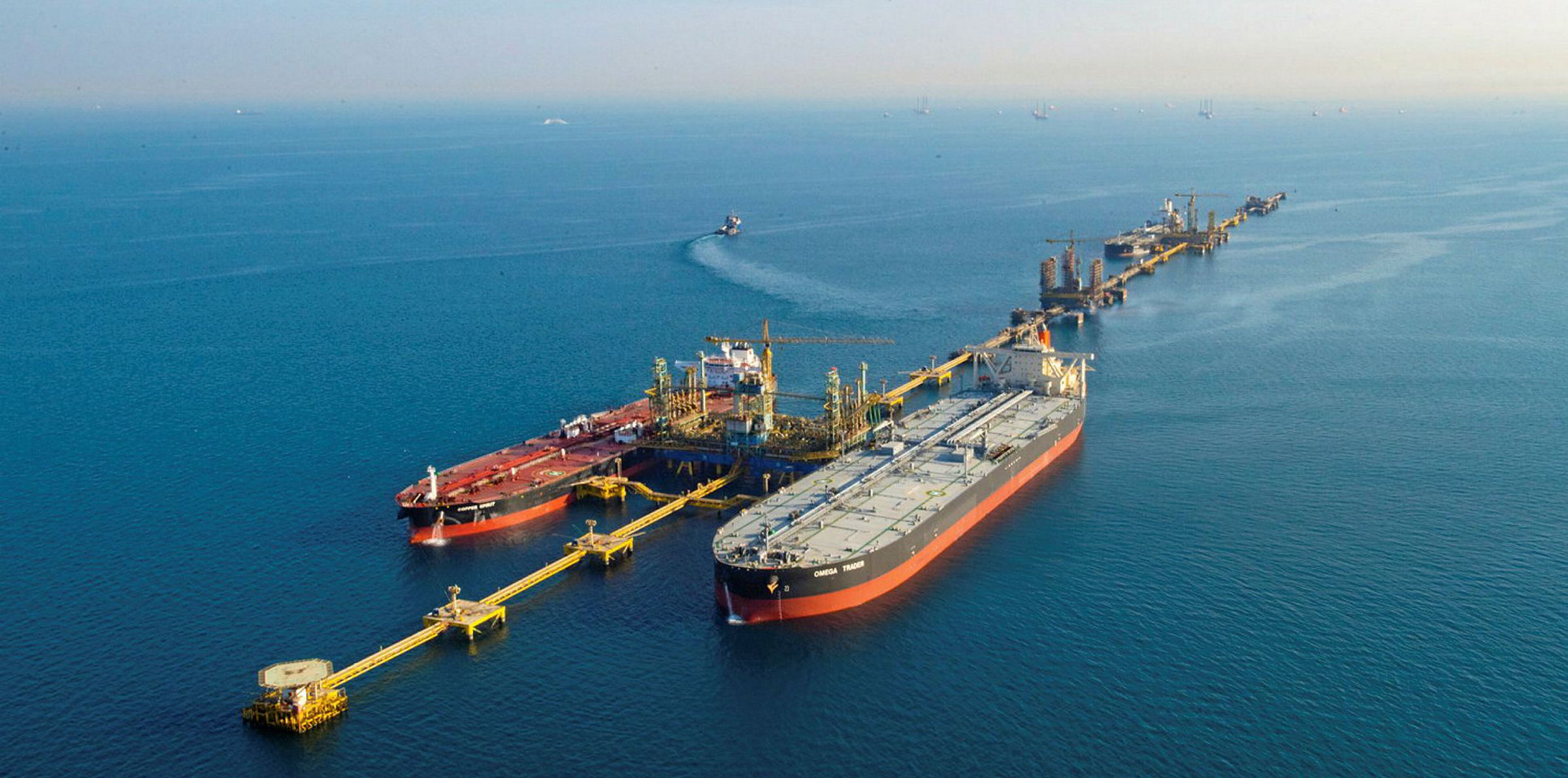A weaker product tanker market has been tipped to speed up consolidation in the sector.
Analyst Santosh Gupta, an assistant manager at Drewry Maritime Financial Research, said falling earnings and asset prices over the latter part of 2020 can be a catalyst for more tie-ups.
Singapore owner Hafnia failed in a bid to buy Ardmore Shipping in June, but Denmark's Norden announced a strategic partnership with Diamond S Shipping a matter of weeks before this.
"Lower asset value and freight rates can be a potential catalyst for consolidation as earnings of companies will be adversely affected," Gupta said.
"Smaller players with high borrowings may find it difficult to survive unless they go for sale of assets or sale and leaseback of vessels to boost their liquidity."
His pessimistic view of weak rates for the rest of 2020 is due to an overall fall in demand, continuous fleet expansion and fewer demolitions.
Demand slipping
Global oil demand declined by 23.1% between December 2019 and May 2020, mainly because of Covid-19, Drewry said.
Refinery intake, meanwhile, tumbled by 23.6% during the same period.
According to the International Energy Agency, oil demand is expected to plunge 8.6m barrels per day (bpd) this year, compared with 2019, and refinery throughput will decline by 6.2m bpd.
Product tanker rates have started coming off after reaching a record peak in April, with vessels that had been locked in floating storage returning to the trade.
The Baltic Clean Tanker Index has plummeted 32.5% over the last month and 64.3% so far this year.
The prices of the ships have also been falling. A five-year-old MR2 has seen a drop in value of between 8% and 10% in June, Gupta said.
Ardmore undervalued
The Drewry man concurs with the prevailing analyst view that Hafnia's offer undervalued Ardmore.
Hafnia's statement claimed a 70% premium to Ardmore's share price of $4.83 on 12 June in a deal worth $272m.
Hafnia chief executive Mikael Skov told TradeWinds the deal would have created more value for Ardmore shareholders due to Hafnia's bigger profits and higher return on equity, as well as through synergies.
But Ardmore responded by saying the swap of one Ardmore share for 2.4 shares of Hafnia implied a price of $3.87 — a 28% discount on Ardmore's 30-day weighted average share price in the month prior to the offer.
Gupta has calculated a net asset value of $5.64 per share for Ardmore, meaning Hafnia's offer was 31.3% below its fair value.
Investors unhappy?
"We have valued Ardmore’s fleet based on current asset prices and have applied a 5% discount given negative product tanker prospects ahead," he added.
While weaker product tanker prospects have weighed on both Hafnia's and Ardmore's share prices, Hafnia is down 40.6% so far this year, against 54.2% for Ardmore, Drewry said.
Ardmore has seen its stock decline 18% since it rejected the takeover offer.
"We believe the recent plunge in Ardmore’s share price is on account of investors being unhappy with Ardmore rejecting the acquisition offer," Gupta said.
"Ardmore’s poor profitability for a long time, lack of visibility in the present market and smaller scale of operations (compared to bigger players like Hafnia and Scorpio Tankers) are the main concerns of investors in our view."






